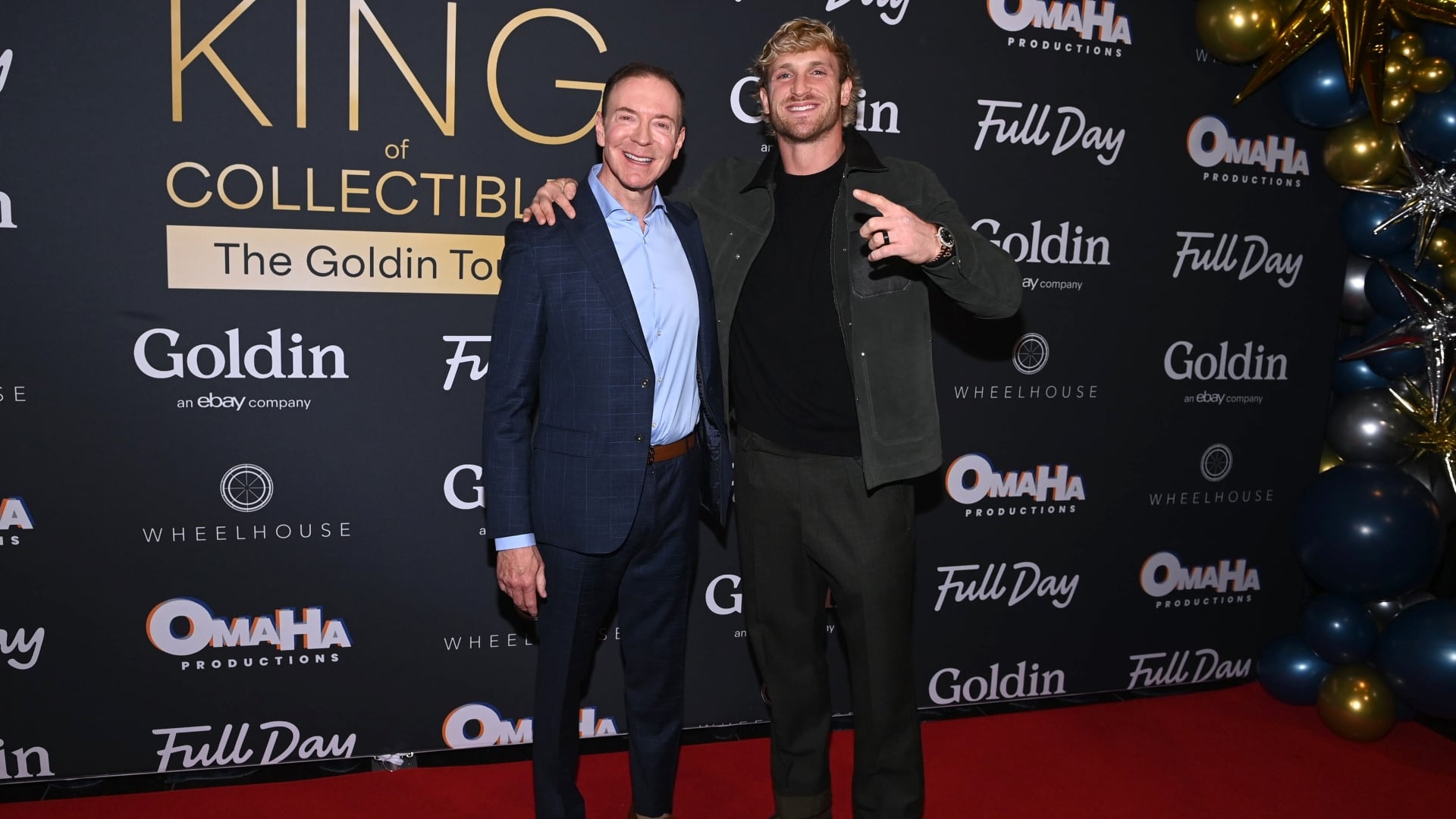Certainly, amusement and theme parks are a favorite American pastime with more than 159 million attendees visiting the top 20 North American venues in the year before the pandemic hit. There is something special, perhaps even nostalgic, about going on your favorite rides on a great weather day and it makes it easy to forget accidents, sometimes fatal, could occur.
According to the International Association of Amusement Parks and Attractions (IAAPA), of the parks surveyed, there were 1,294 ride-related injuries, of which 6 percent required hospitalization or resulted in death in 2019.
So, while serious or deadly accidents might be rare, high-profile incidents (such as in March when a rider was ejected from a roller coaster in Tennessee) beg the question: who or what regulates theme park safety?
Unlike a lot of industries in the United States, amusement parks are not federally regulated. It seems almost unbelievable to know that an industry full of potentially hazardous situations has no federal oversight, but it wasn't always that way.
CPSC Oversees Amusement Parks
In 1972, the Consumer Product Safety Commission was established to place a barrier of protection between the public and consumer products that could cause an unreasonable risk of injury or harm. The agency immediately began regulating both amusement parks and mobile amusements like traveling carnivals and fairs.
Fast forward nine years, Congress eventually stripped the agency of its oversight duties for "fixed" amusement parks where rides are permanently settled in one place. The change was sparked following two accidents at separate parks in Texas with lawsuits that were eventually heard in court. A circuit judge in one of the cases agreed that the CPSC had jurisdiction over fixed amusement parks but in the other case, a judge ruled the opposite.
In the end, Congress was forced to clarify language in the law and the revision eventually restricted the commission from overseeing the fixed parks.
Amusement Parks Lobby Against Feds
In 2021, regulating amusement parks is typically left up to the states so rules vary across the country. Amusement park operators tend to be satisfied with the status quo, lobbying against federal regulations.
In 2016, David Mandt, executive vice president at the IAAPA, told the Insurance Journal a federal oversight agency would cost taxpayers millions while claiming that injuries from attractions are rare.
Without federal regulations, park visitors have to rely on a state's fire marshal, a public safety official, or even an agriculture official, to inspect facilities and rides. But according to Safety Park USA, an insurance and risk management company for the amusement industry, only 20 states have "comprehensive government oversight." Nine states — Alabama, Arizona, Mississippi, Montana, Nevada, North Dakota, South Dakota, Utah, and Wyoming — have no state oversight agency at all, though these states appear to have few if any, fixed amusement parks within their borders.
Who's Held Responsible?
Should injuries or even deaths occur on a ride or attraction, park owners tend to quietly settle with families and beneficiaries, often with gag order stipulations. It is extremely rare for individuals to be held criminally responsible. One of those rare instances, when criminal charges were pursued, was in 2019, three years after the horrific death of 10-year-old Caleb Schwab on a water slide in Kansas City, Kansas.
Murder charges brought against the owners were eventually dismissed by the county judge.
Meanwhile, the major vacation destination of Florida has a loophole in its otherwise comprehensive safety oversight: Parks with over 1,000 workers are excluded from state-run oversight.
Meaning amusement giants Disney World, Universal Studios, and Busch Gardens get to regulate their own operations.
Video produced by Christine Beldon and Sarah Kate Gervasoni. Article written by Lawrence Banton.



